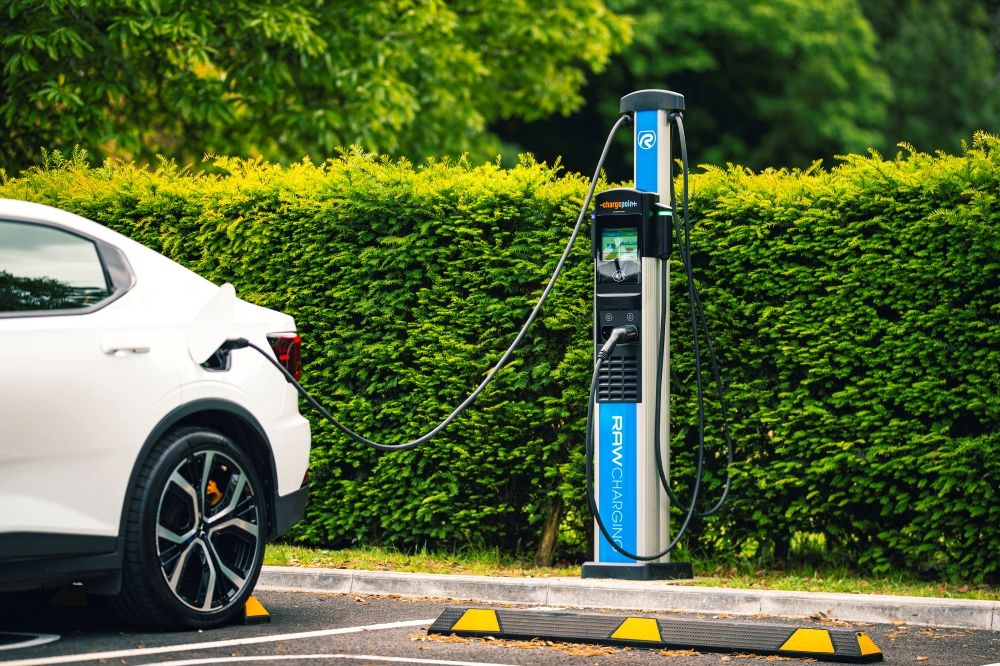Clean energy firm Altilium Metals are set to develop an EV battery recycling facility following the scaling-up of proprietary technology.
The news follows completion of a six-month feasibility study, funded partly by the UK government’s Automotive Transformation Fund, and the demonstration of its technology at its analytical laboratory.
The study, carried out in collaboration with international consultancy Hatch, highlights the role a large-scale EV battery recycling industry could play in attracting investment in the construction of new gigafactories in the UK. It also sets out the business case for Altilium Metals’ planned recycling plant in Teesside.
Black mass
Altilium Metals recovers critical minerals from end-of life EV battery waste on a demonstration line at its EV battery technology centre in Devon. The company was recently awarded a permit from the UK Environment Agency to recycle EV battery “black mass” at the tonne scale – the first of its kind in the UK.
The UK plant have capacity to process 50,000 tonnes of lithium-ion battery black mass – approximately 150,000 EVs per year or 10 GWh of lithium-ion batteries. It is designed to process a mix of different battery chemistries, and to compensate for any shortage of feed and imbalances in quality, it also has the option to process primary nickel-cobalt MHP – sourced from Altilium Metals’ existing supply chain.
The plant will consist of two processing facilities, a chemical plant producing 95,000 MT of battery precursors, including lithium carbonate and nickel sulphate, and a cathode active material plant, producing 30,000 MT of CAM. The plant will create approximately 250 high skilled jobs and thousands more in the construction phase.
Energy transformation
Altilium Metals CTO, Dr Christian Marston, said: “We’re in the middle of a global energy transformation and the UK has an opportunity to become a world leader in the development of a circular economy for critical battery minerals. We’re moving into a phase where major economies need the green infrastructure to be built fast in order to achieve their net-zero ambitions. Because of the speed of the rollout, it falls to companies such as Altilium Metals to take the lead in the development of innovative clean technology solutions.
“We are grateful for the support of the Advanced Propulsion Centre (APC) under their Automotive Transformation Fund and look forward to working with them further as we embark on this next phase of scaling up our proprietary technology.”
APC Project Delivery Lead, Bradley Dodic, said: “The APC is proud to support businesses such as Altilium Metals in de-risking and accelerating their investment decisions in the UK. Through the Automotive Transformation Fund, we have been able to part-fund this six-month feasibility study which focuses on processing end-of-life batteries and reintroducing them back into the supply chain at scale. This comes at a pivotal time, with the mass adoption of BEVs, onshoring a full circular economy is a key part in unlocking a low-carbon supply chain.”
Altilium Metals CEO, Kamran Mahdavi, said: “The high demand for these critical metals in lithium-ion batteries will only increase in the coming years. Currently, refining is predominantly carried out in Asia but going forward it will be crucial to produce these critical metals in the UK. Altilium Metals will bring sustainable refining power to the UK, which will play an important role in our future energy independence.”
Image courtesy of Shutterstock












